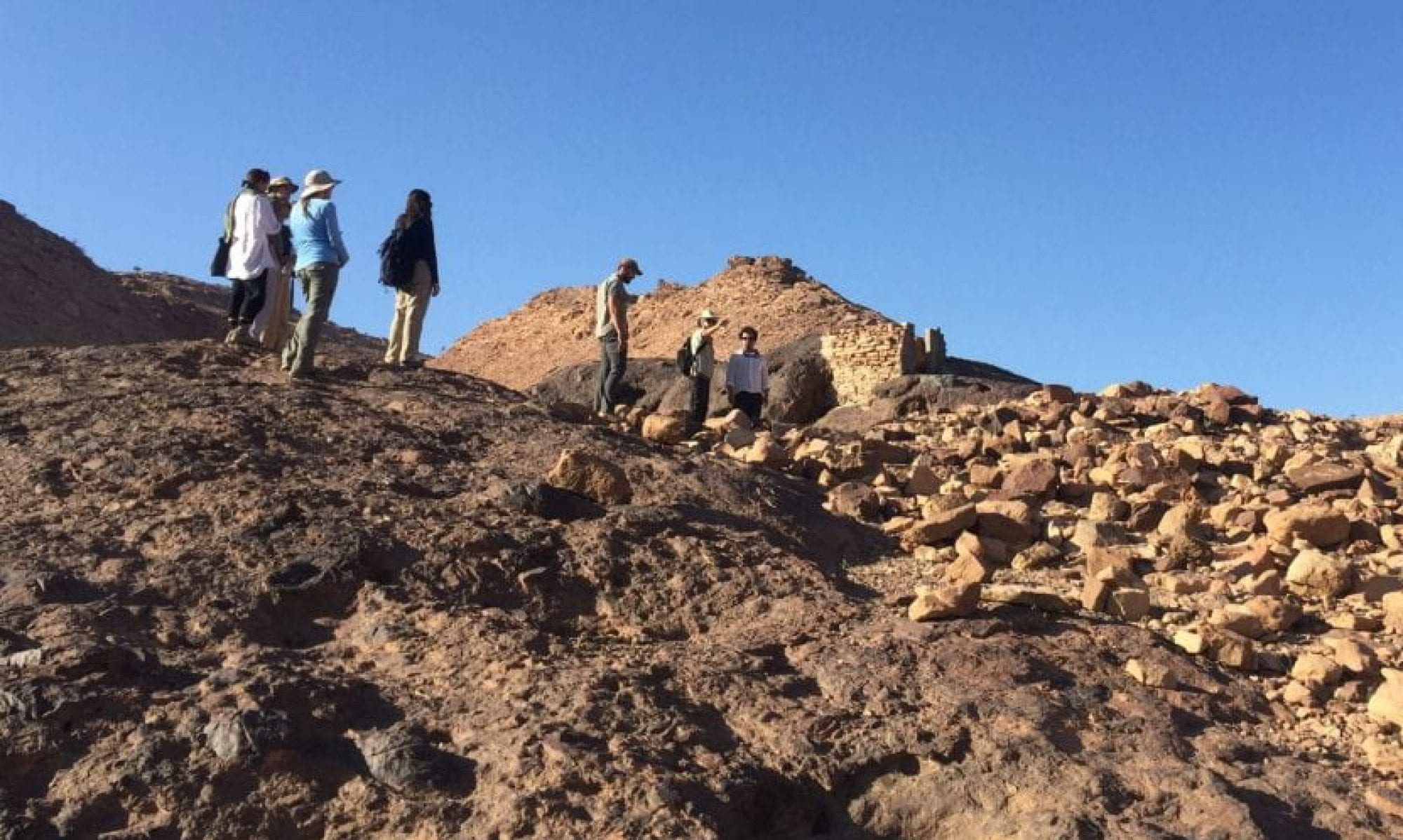Sensorial Bodies, Persons, and Things in Archaeology
Saturday, November 16, 2024
9 am – 5 pm
Rhode Island Hall, Room 108
60 George Street, Providence, RI
Inspired by philosophical critiques of humanism and various ethnographies, archaeologists have deconstructed the notion of the universal human; they have also explored various conceptions of personhood, be it fractal, distributed, or other. And yet, this discussion remains mostly anthropocentric, undervalues the role of affectivity and sensoriality, and is philosophically rooted in the European tradition. In addition, the personhood of the archaeologist themselves is rarely part of the discussion.
What is the human that archaeologists envisage when they write about the pre-modern past? How does their own conception and materialization of the human, as a sensorial and embodied being, shape their narratives of personhood in the past? How can we imagine different conceptions of personhood, plant, animal, thing, other, beyond the human? How does the affective and sensorial, mutual constitution of humans and landscapes produce notions of personhood? How does the performative constitution of the body, through dress, tattooing and bodily modification, gestures, and postures, produce certain notions of personhood?
These are some of the questions which will be explored in this conference by revisiting notions of the human and of the person while also exploring some of the fascinating archaeological material from the prehistoric Mediterranean. Participants will engage with writings and bodies of thinking from many different intellectual and social contexts, including those beyond the Mediterranean, and drawing inspiration from frameworks developed in both Global North and South, defined relationally rather than chronologically, including Indigenous Thinking and Black Theory.
Click here to download the Conference Schedule.
Click here to download the Conference Abstracts.
Free and open to the public. All are welcome.

